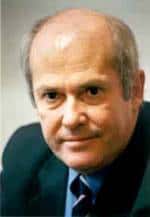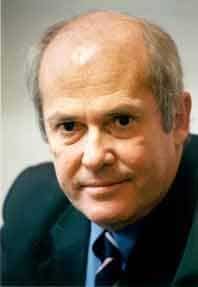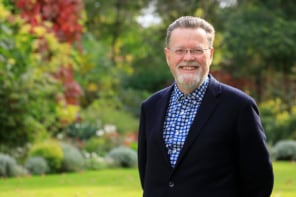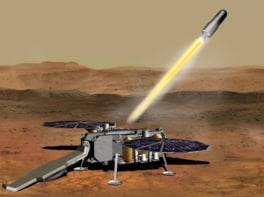

The UK’s research councils have named the eight physicists who will take part in a review of the health of the country’s physics. The review, which will be led by physicist Bill Wakeham from Southampton University, was announced late last year by the science minister Ian Pearson. It was set up after an £80m shortfall in the budget of the Science and Technology Facilities Council (STFC) forced it to pull out of the Gemini telescopes, withdraw from the International Linear Collider (ILC), and cut university grants by 25% in particle physics and astronomy.
The panel will consist of six UK based physicists: Martin Barstow (University of Leicester), Donal Bradley (Imperial), Mike Brady (Oxford), Christine Davies (Glasgow), Carlos Frenk (Durham) and Richard Friend (Cambridge).
They will be joined by two non-UK physicists — Joergen Kjems from the Danish Technical University and Richard Peltier from the University of Toronto. The panel, which will examine the provision of physics-based facilities and how they should be funded, will take the views from a “range of individuals and organisations” both from inside and outside the physics research community.
“The review will explicitly not revisit the decision of the STFC” Bill Wakeham, vice-chancellor Southampton University, UK
Although the STFC originally said that the review would report this summer, this has been denied by Research Councils UK, which says that the review will report its finding in the autumn. That has been confirmed by Wakeham, who told physicsworld.com that it would be published in September. “However, the review will explicitly not revisit the decision of the STFC [over Gemini and the ILC],” he said. “It will be looking into the longer-term future of the subject.”
Physicists were already sceptical that the review will do anything to reverse the current situation in any case. “It is likely the review will just say that this shouldn’t happen again,” says Mark Lancaster, a particle physicist at University College London.
However, there has been some good news for UK researchers in recent weeks. Astronomers will now continue to get access to both the Gemini telescopes in Hawaii and Chile until at least July this year and discussions have begun with the Gemini board over whether access could be extended beyond that date.
After consulting physicists, the STFC is also expected to announce final details early next month of what projects will be affected by the £80m shortfall — although reversing the decision to pull out of the ILC is not on the cards.



